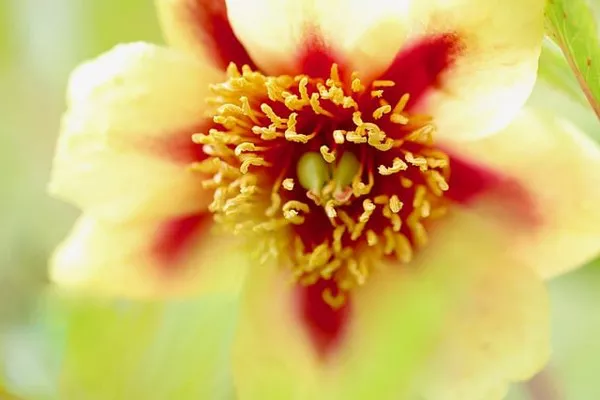Miami International Airport has solidified its position as the nation’s floral center, annually handling over 8 billion stems of flowers destined for the rest of the United States. This intricate trade, supporting 30 trucking companies, has grown significantly over the last half-century, experiencing only a brief slowdown during the COVID-19 pandemic.
Despite the challenges posed by the pandemic, the floral industry reached new heights post-COVID as social gatherings resumed and postponed events were reinstated. The industry is now back to pre-COVID levels, showcasing its resilience and adaptability.
Colombia and Ecuador are the primary sources of flowers, with 60% coming from Colombia and 25% from Ecuador. Approximately 91% of flowers entering the United States pass through South Florida, with 90-95% arriving by air and the remaining 5-10% by sea containers.
Christine Boldt, Executive Vice President at the Association of Floral Importers of Florida, emphasized the industry’s vital role, employing more than 6,000 people in South Florida. The pandemic impacted the floral industry, but efforts were made to keep it alive, as flowers were deemed essential items. Miami’s strategic location and favorable growing conditions in Colombia and Ecuador contribute to the city’s dominance in the floral trade.
The industry’s growth in the early ’70s, driven by a surge in demand for Colombian carnations, led to the establishment of importing operations in Miami. Today, communication and predictability have improved, allowing for efficient coordination between producers and importers.
Hurricane Irma prompted a shift in logistics, with sea containers becoming an alternative to airline flights. While sea containers pose challenges such as higher costs and increased logistical complexities, they became a necessary solution during times of disruption.
The floral industry’s contribution to Miami’s economy extends beyond direct employment, with trucking companies and other businesses dependent on the sector. As the industry continues to evolve, Miami International Airport remains at the forefront, ensuring the seamless importation and distribution of billions of flowers across the nation.


